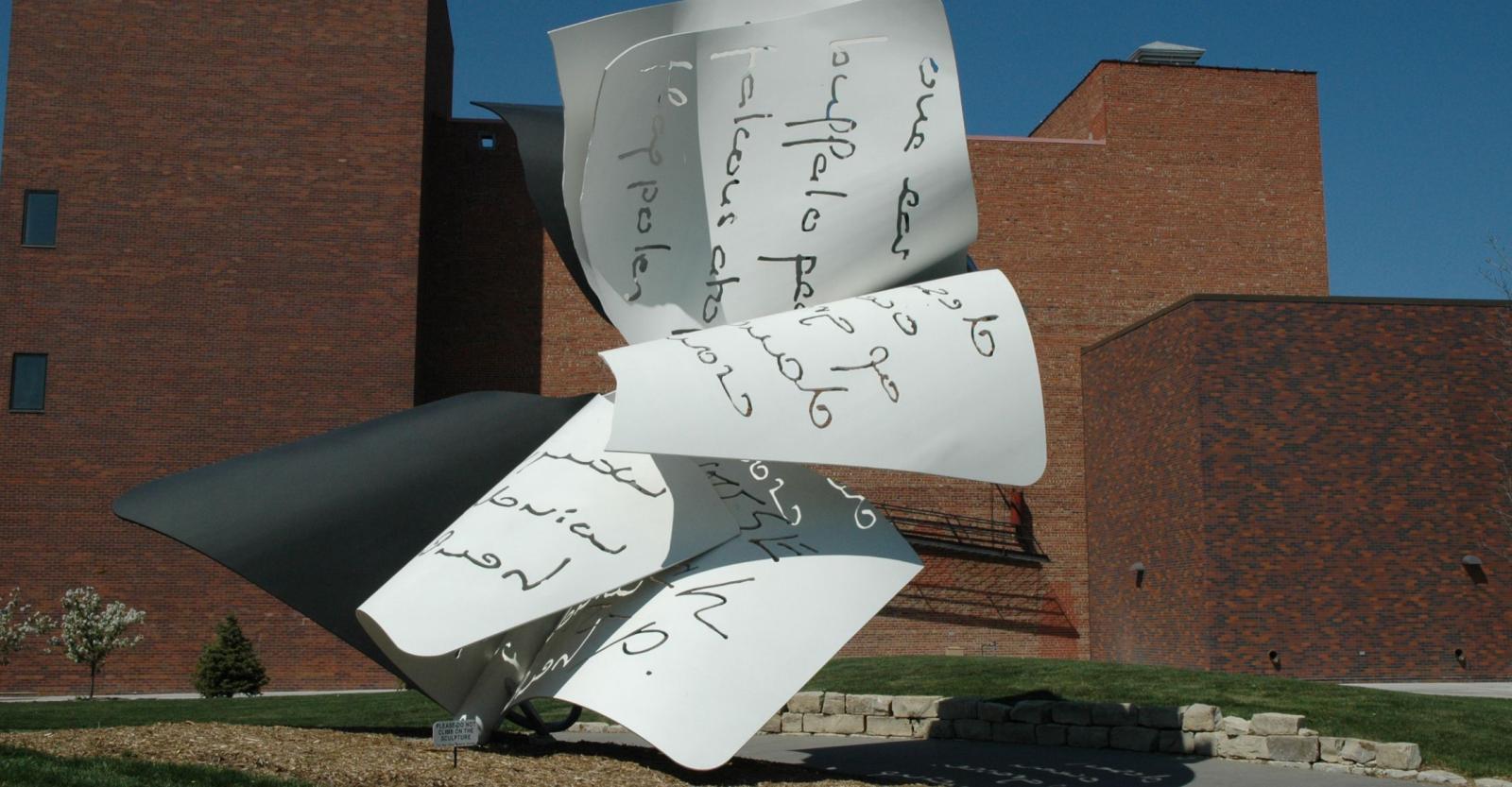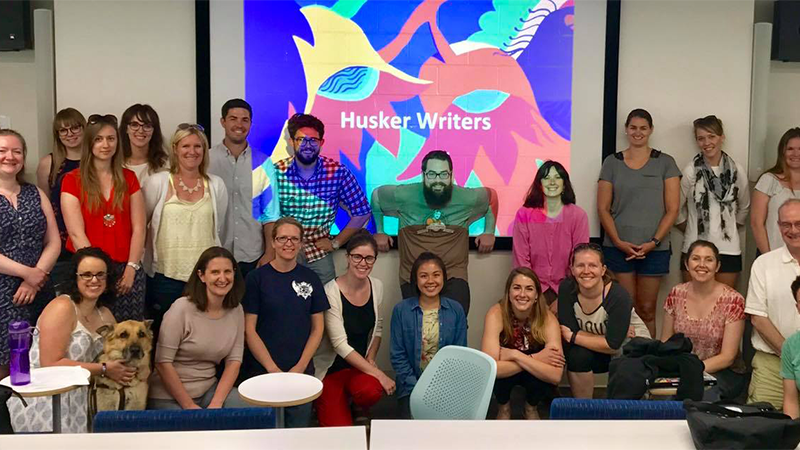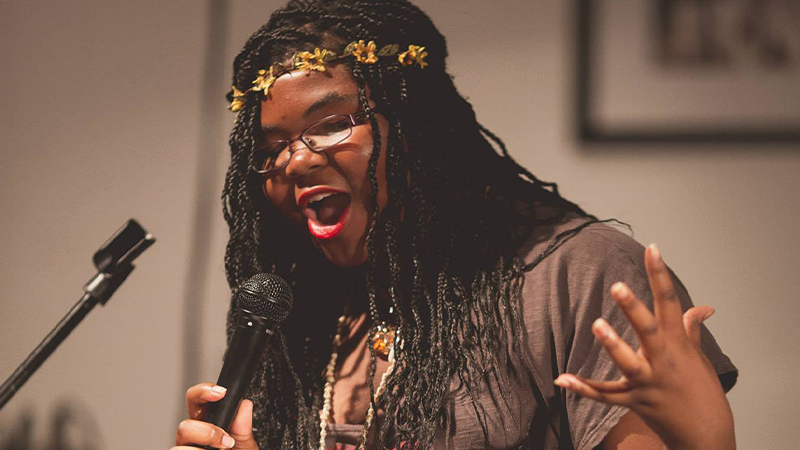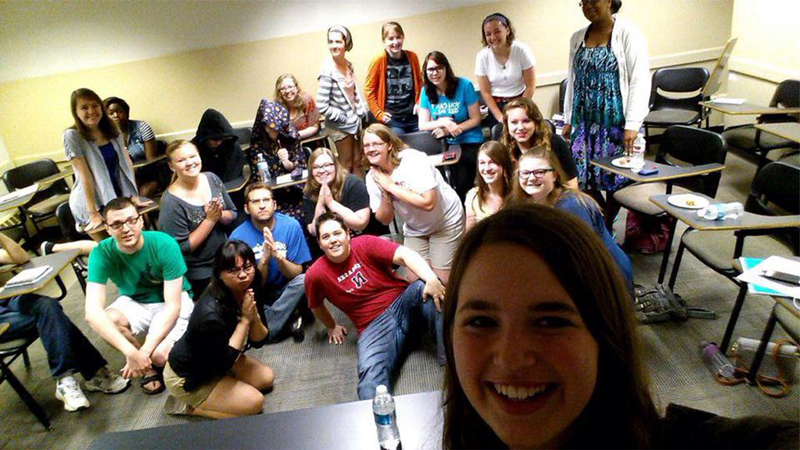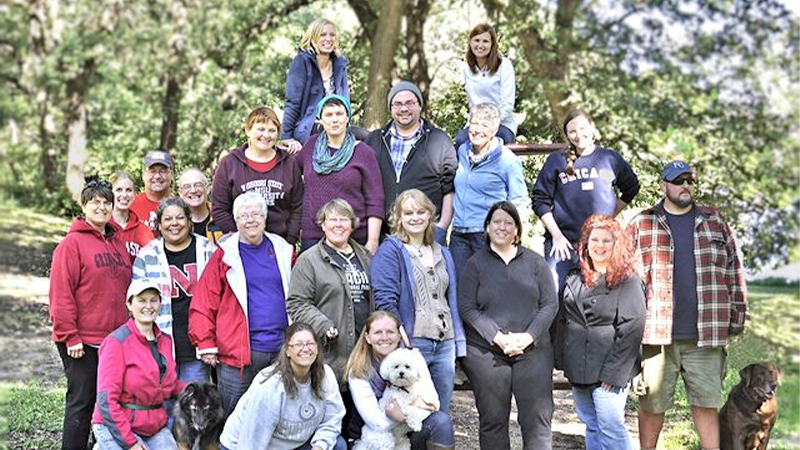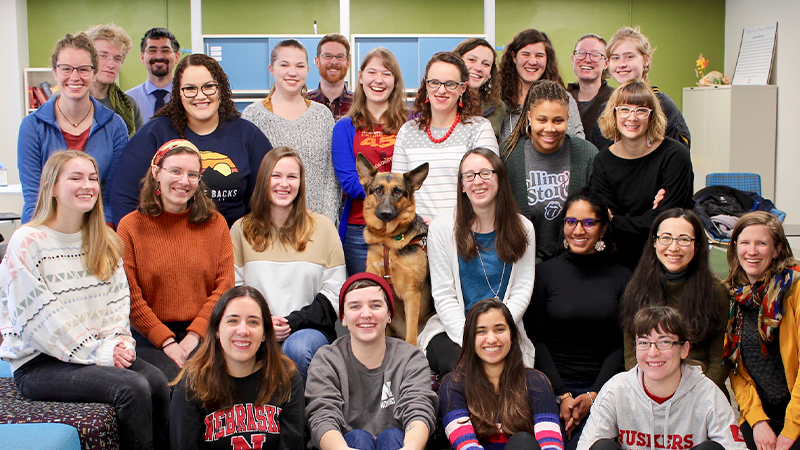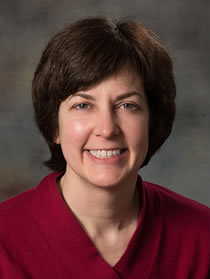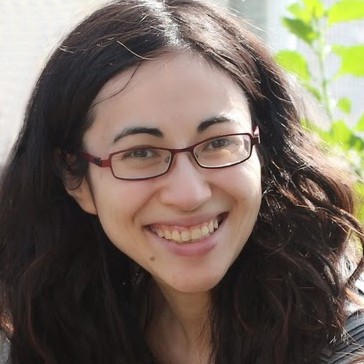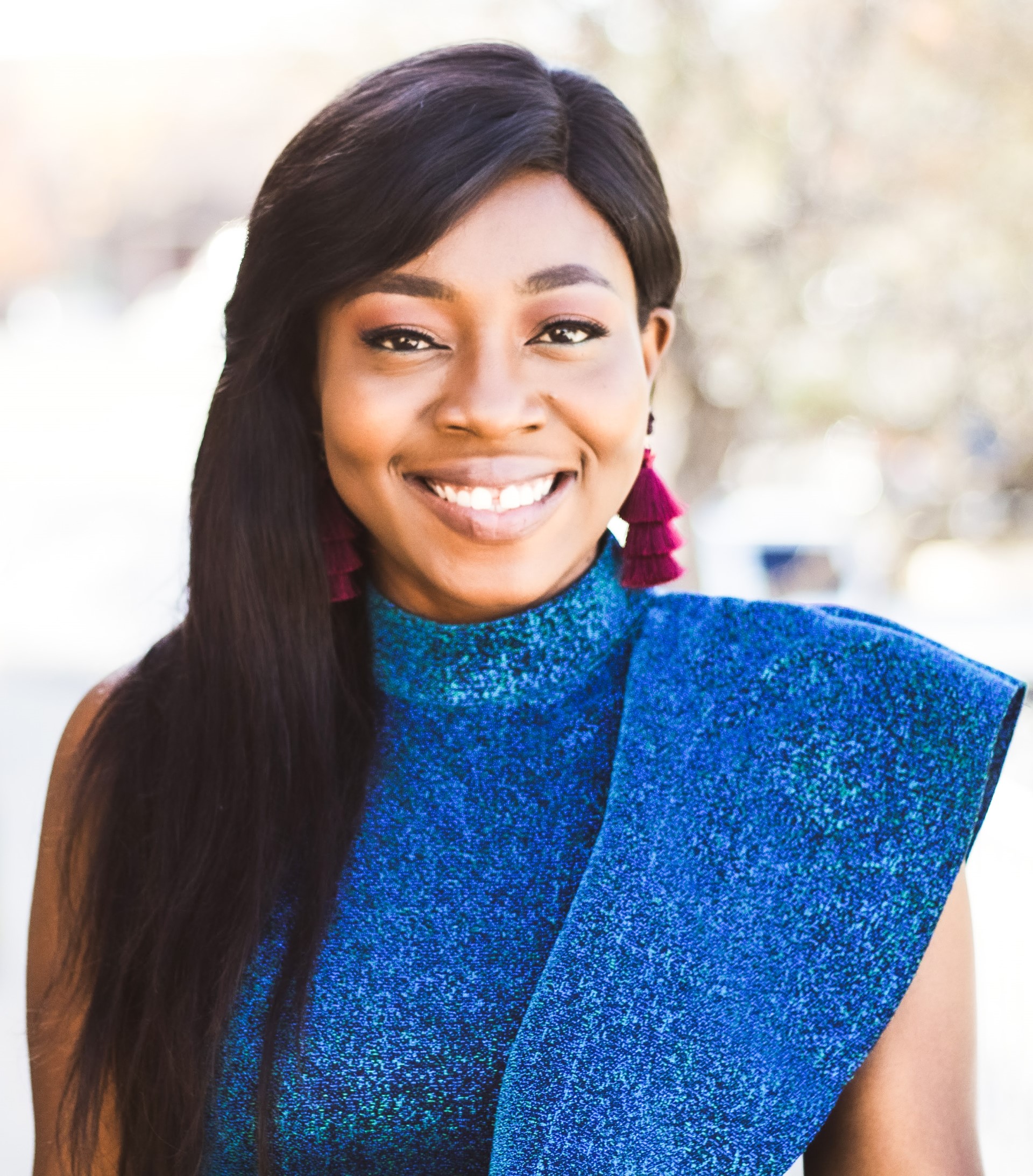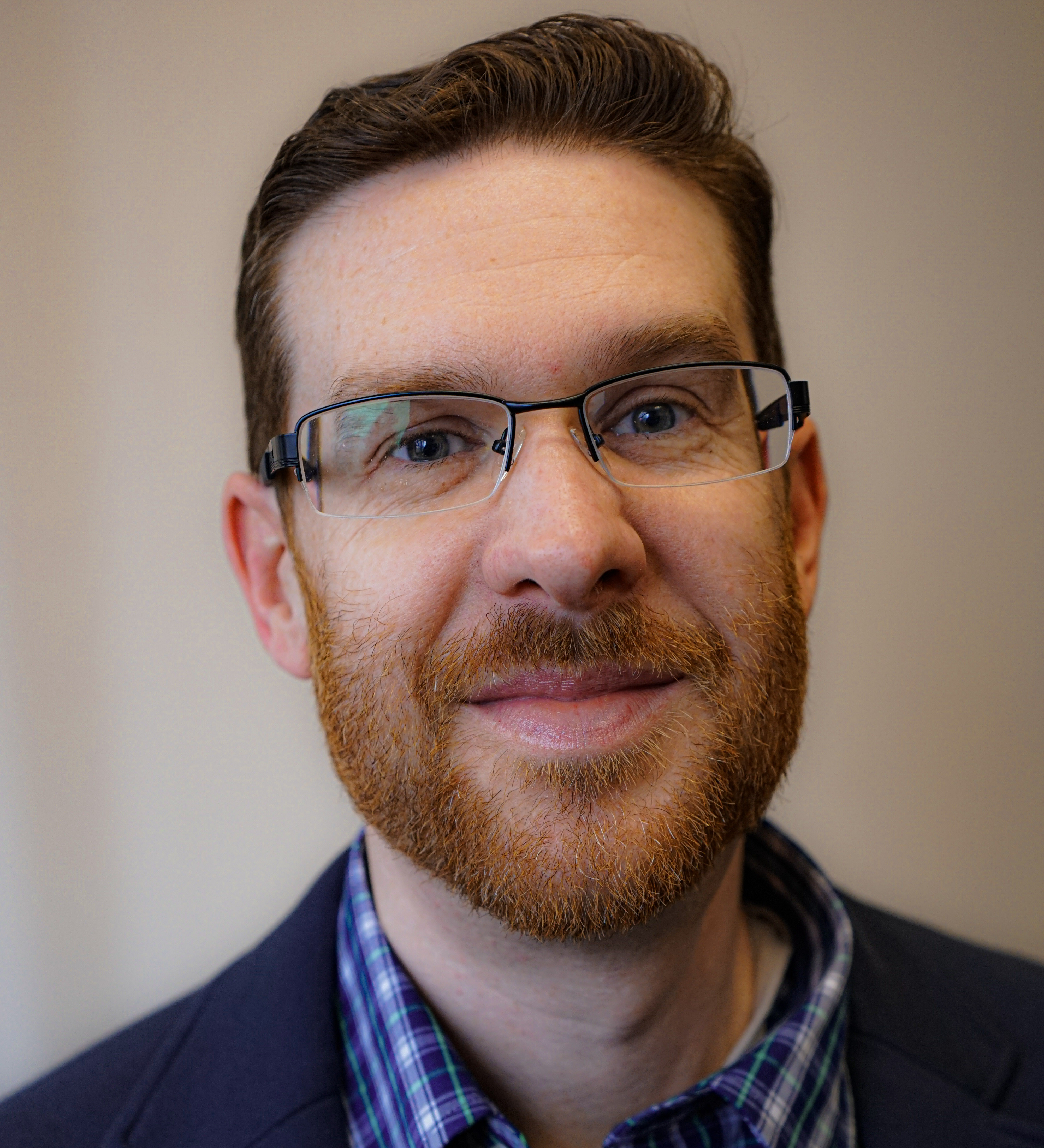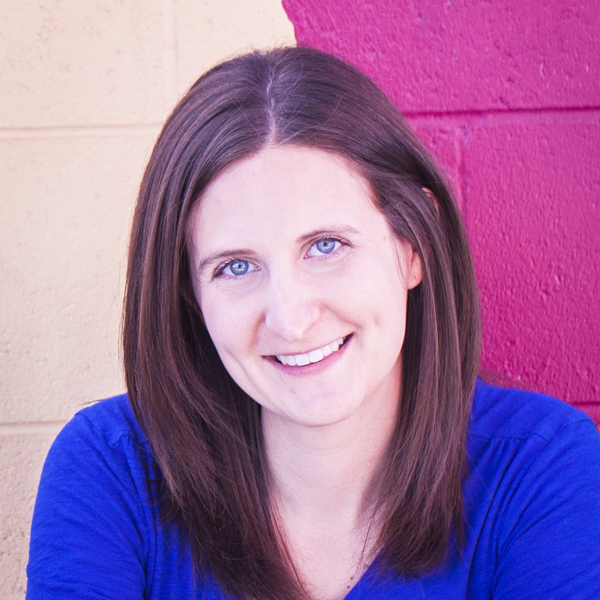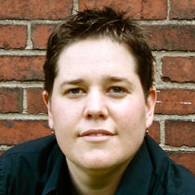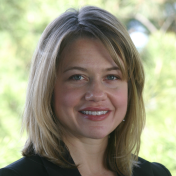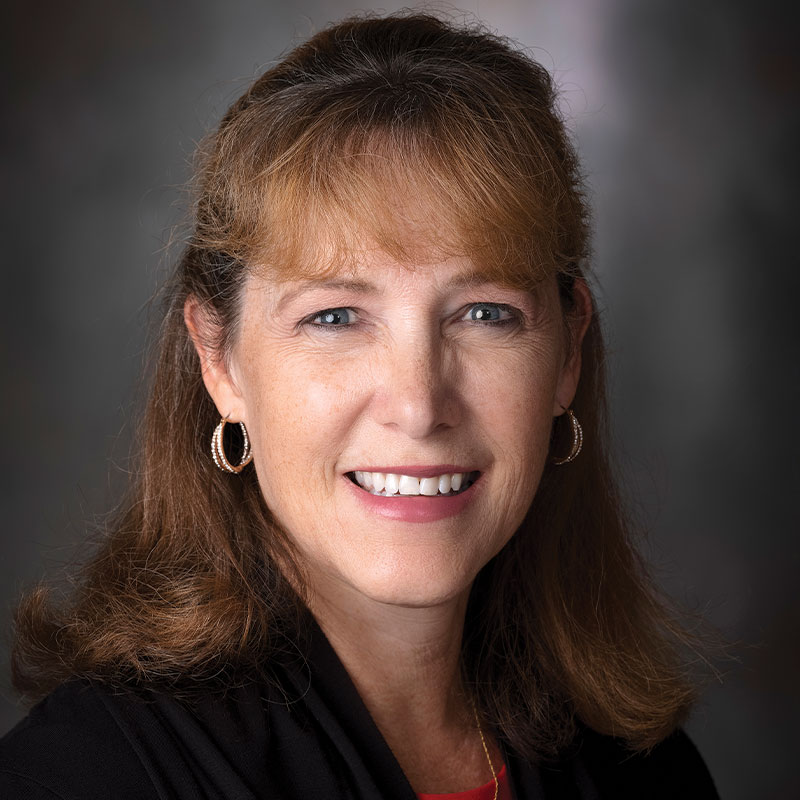Social engagement and transformation through writing, rhetoric, and literacy
For Undergraduate StudentsFor Graduate Students
Our composition and rhetoric program is committed to writing as an expression of social justice, civic engagement, and community partnership. We understand writing pedagogies to be inextricably linked to the work of anti-racism, as well as feminist and queer praxis. We frame this work as “imaginative reasoning,” a deeply complex intellectual, creative, and political process. We use the phrase “imaginative reasoning” to capture all the ways we come to know our place, identities, and positions in the world through writing. Reasoning expresses the writer’s ability to understand the complex interplay of logical, emotional, and ethical approaches to literacy, composition, and pedagogy. Toward this end, our undergraduate and graduate students are invited to engage in the radical work of revision, of reframing again and again how we look at the world, at texts, and at ourselves.
Our Core Principles
Writing is a meaningful, purposeful, and political practice.
The strongest writing emerges from writers who are invested in their projects, so we regularly invite students to develop their own purposes for composing. We view writing as valuable not only during college, but also throughout one’s personal, professional, social, and civic life.
How we define “good writing” is contextual, shaped by race, sexuality, gender, and culture.
We analyze with students how ideas of “good” and “correct” writing are shaped by race, sexuality, gender, class, ability and culture, and we consider what kinds of writing, and which writers, may be excluded by those standards in order to question these practices and to intervene in longstanding conversations in composition.
Writing is increasingly multimodal and digital.
As we shape and participate in an evolving digital world, we engage students in composing and critically analyzing online and multimodal texts. English Department faculty serve as leaders in digital projects at Nebraska’s Center for Digital Research in the Humanities, and our program values cross-disciplinary digital scholarship, pedagogy, and writing.
Writing, reading, and teaching are transformative processes.
These processes allow us to create knowledge with others, engage new perspectives, rethink our own, and ultimately, to discover new possibilities for understanding, imagining, and acting in the world.
Self-reflexivity, curiosity, and social consciousness are key to both writing and learning.
Students regularly reflect on their writing choices and their intended effects. Reflection is a key component of revision; as we understand the choices we’ve made, we can imagine new ways of creating texts and to see and re-see the world we live in and the world we want to live in.
Writing and the teaching of writing are collaborative processes.
At all levels of our program, writers and teachers work together across boundaries and through community engagement to create effective texts for a variety of purposes and communities. Our teachers develop their classes in collaboration with other teachers (often across grade levels), and our program’s many research projects involve collaborative inquiry.
Responsible, ethical inquiry and argument occur when differences are meaningfully engaged.
We are committed to fostering learning that encourages students to partake in the important civic process of recognizing the complexity and richness of human difference as they read, write, and converse with one another. Our diversity statement articulates this commitment.
Community Engagement and Writing Programs
Husker Writers
Opportunity for graduate and undergraduate students — Available all year
Husker Writers is a network of secondary teachers, college instructors, and community partners who collaborate to sponsor critical and creative literacies, public writing, and meaningful community action beyond the classroom. Teachers selected for the program collaboratively plan curriculum with a local non-profit partner or an instructor at a different institution to create opportunities for students to write for and with public audiences. With grant support from the Coordinating Commission on Postsecondary Education, the program officially launched in the 2017-2018 school year.
UNL Slam Poetry
Opportunity for undergraduate students — Available in fall and spring
Ignited by UNL’s Composition and Rhetoric program’s former MA students, Reagan Myers and Gina Tranisi, UNL's Slam Poetry team is a proud part of our English Department and competes each year at the College Unions Poetry Slam Invitational (CUPSI). The team holds monthly poetry slams on campus and considers themselves a rhetorical and artistic force for social justice at UNL.
Coached by UNL Associate Professor in our Composition and Rhetoric program, Stacey Waite, the success of our poetry team owes a great debt to Nebraska Writers Collective's Louder than a Bomb-Great Plains high school poetry program, from which many of our poets learn to write and perform at very high levels. Students in our program often intern with youth writing programs like Louder than a Bomb-Great Plains.
Photo credit: Eric David Herrera
Young Writers Camp
Internships for undergraduate students — Available in summer only
Young Writers Camp is a two-week long program for high school writers hosted by the Nebraska Writing Project and both our Composition and Rhetoric and Creative Writing programs. Undergraduate interns collaborate with faculty, graduate students, and local teachers and writers to plan, promote, and help facilitate the camp each summer. These internships provide students with training in youth mentorship, writing pedagogies, community literacy, and antiracist and LGBTQA+ youth programming.
Nebraska Writers Collective
Internship for undergraduate students — Available in spring semester
The Nebraska Writers Collective is a non-profit that exists to promote creative writing and performance poetry throughout the Midwest. It accomplishes this mainly through writing workshops offered in Nebraska and Iowa, including Louder Than a Bomb: Great Plains, the region's biggest youth poetry festival. Undergraduate interns help with all aspects of the festival: teaching and mentoring youth, organizing and running events, and assisting with workshops and readings. Through their involvement, students are trained in youth mentorship, writing pedagogies, community literacy, antiracist and LGBTQA+ youth programming.
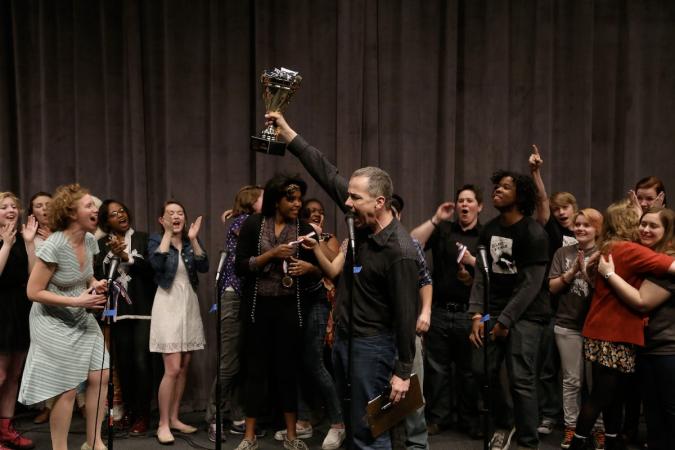
Contact
Stacey Waite
Lincoln City Coordinator and Associate Professor
swaite2@unl.edu
Nebraska Writing Project
Opportunities for graduate and undergraduate students
The Nebraska Writing Project (NeWP) works to invigorate, enrich, and educate by connecting educators, scholars, and writers across disciplines and at all levels. NeWP offers programs for teachers and students alike from writing marathons, retreats, and youth camps to teacher institutes and inservice programs.
Writing Center
Employment opportunity for graduate and undergraduate students — Available in fall and spring
Located in Andrews Hall, the Writing Center offers workshops and free one-on-one consulting to all members of the University of Nebraska-Lincoln community. Undergraduate and graduate consultants work one-on-one with writers at all levels and from all disciplines, assist with outreach workshops and presentations, and participate in ongoing staff education. The Writing Center also hosts writing retreats and sponsors a Writing Fellows program for undergraduates.
Writing Lincoln Initiative
Opportunity for graduate and undergraduate students — Available all year
The Writing Lincoln Initiative (WLI) is an organization founded in 2012 by University of Nebraska-Lincoln English department graduate students that seeks to both demystify and facilitate opportunities to enjoy writing. WLI facilitates workshops, writing marathons, and literacy development initiatives in the Lincoln community. We are currently partnering with TRIO Student Support Services and Upward Bound, as well as the Nebraska Writing Project and the Osher Lifelong Learning Institute. We have continued interest in new partnerships and will work with learners of all ages. WLI is also always looking for more members.
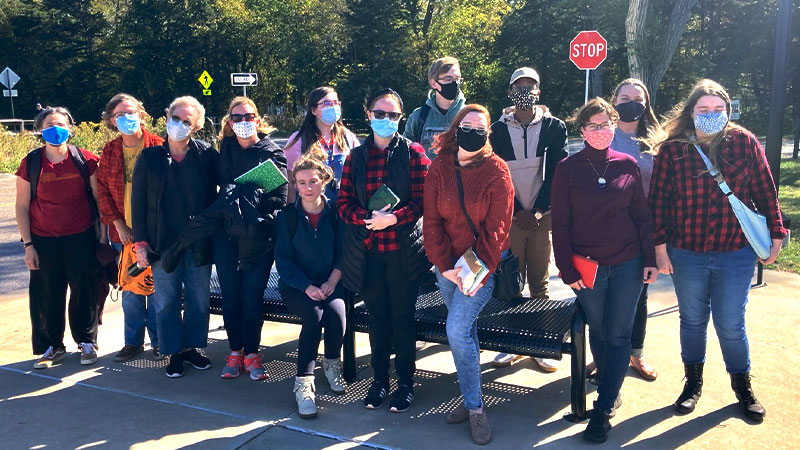
Contact
Keshia Mcclantoc, co-director
kmcclantoc@huskers.unl.edu
Kathleen Dillon, co-director
kdillon9@huskers.unl.edu
Debbie Minter
Associate Professor of English and Department Chair
Rachel Azima
Associate Professor of Practice and Writing Center Director
Mavis Boatemaa Beckson
Assistant Professor of English
African Feminisms
Digital and Cultural Media
Global Black feminisms
Writing and Cultural Material Practices
Human and Non-Human Relationality
Composition, Rhetoric, and Multicultural Pedagogies
Mark Houston
Lecturer
Areas of Interest
Composition pedagogy
Ecocomposition
Material rhetorics
Theories of entanglement
Food justice
Place-based education
Rachael W. Shah
Associate Professor
Stacey Waite
Susan J. Rosowski Associate Professor of English and Chair of the Graduate Program and Director of Composition and Rhetoric
Shari Stenberg
Adele Hall Chair of English
Director of Women’s and Gender Studies
June Griffin
Professor of Practice and Associate Dean of Undergraduate Education
Amy Goodburn
Professor of English, Senior Associate Vice Chancellor, and Dean of Undergraduate Education
